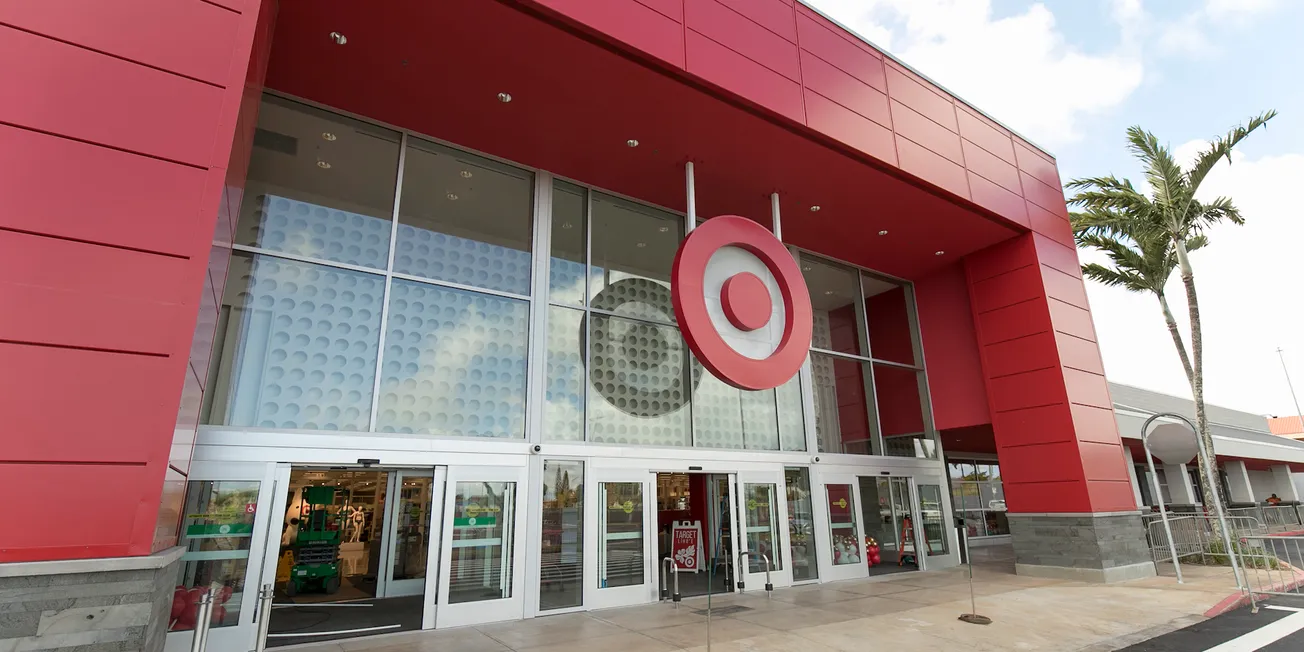Tesco’s well-publicized struggles have ignited an internecine feud over the recent history, current difficulties and future direction of the world’s third-largest retailer.
Tesco’s well-publicized struggles have ignited an internecine feud over the recent history, current difficulties and future direction of the world’s third-largest retailer.
Speaking at the company’s annual meeting in London last month, Ian MacLaurin, a longtime Tesco employee who rose to become chairman from 1985 until 1997, placed much of the blame for the retailer’s problems squarely on the shoulders of Sir Terry Leahy, the man he selected to succeed him as chief executive and who led Tesco to record heights before his retirement in 2011.
"We’re all very sad in this room to see the legacy that Terry Leahy left," Lord MacLaurin said. "It’s a very sad situation — your enormous write-downs and the situation in America."
In April Tesco reported its first earnings decline in 20 years and announced that it would chalk up onetime charges of more than 2 billion pounds related to its pending withdrawal from the United States, challenges in other global markets and property write-downs in the United Kingdom.
MacLaurin’s criticism of the company’s ill-fated American venture is on the mark. Tesco spent well over a billion pounds and considerable management talent on creating the Fresh & Easy chain of some 200 neighborhood markets in California, Nevada and Arizona. The much ballyhooed initiative never caught on, an outcome that could have been predicted, considering the country already had more than its share of world-class retailers.
But that misstep, considerable though it was, should not be allowed to obscure Leahy’s achievements. During his tenure, Tesco made itself a force in global retailing, establishing a presence in such booming Asian markets as China, South Korea and Thailand, as well as in such places as Eastern Europe and Turkey; took the initial steps toward developing omnichannel capabilities; and tripled pretax earnings. The record Leahy amassed clearly includes more pluses than minuses.
It is remarkable how quickly perceptions shift. When Leahy left Tesco he was hailed as a retail visionary and few questioned whether his assessment of the company’s ultimate triumph in the U.S. market would pan out. Now, in the wake of MacLaurin’s comments, the tide has turned. Neither view is sufficient. When looking at Leahy’s impact on Tesco a more subtle, graduated, complex analysis is in order.





